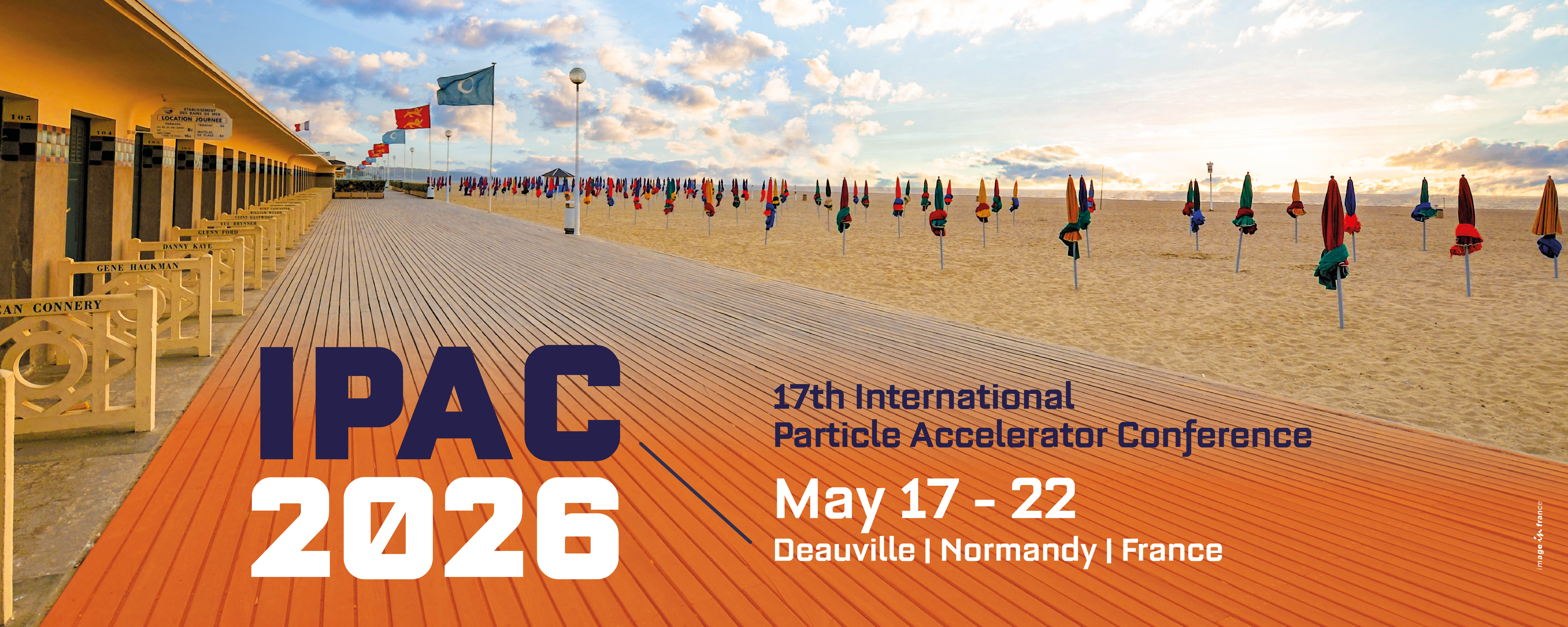Speaker
Description
Leveraging Machine Learning (ML), we aim to automate and simplify the complex tuning of the XFEL light source accelerator, SACLA, thereby delivering extreme XFEL performance tailored to experimental user needs. Since 2020, we have implemented a Bayesian Optimization (BO)-based automated tuning framework at SACLA. This enables us to meet the detailed XFEL requirements for the approximately ten independent experiments conducted weekly across three beamlines. These requirements include wavelength, intensity, spectral width, spectral shape, and the time interval and intensity ratio for two-pulse lasers. To enable more precise control of XFEL characteristics, a high-time-resolution X-band RF deflector is planned to install downstream of the undulators to acquire laser-amplification data. This robust ML platform is designed for broad applicability; it has been successfully tested for deployment at other accelerator facilities with minimal modifications. We are also expanding the ML scope toward fault prediction for various hardware components, paving the way for fully autonomous operation. This presentation will describe the recent progress, achievements, and future prospects of ML applications at SACLA.

